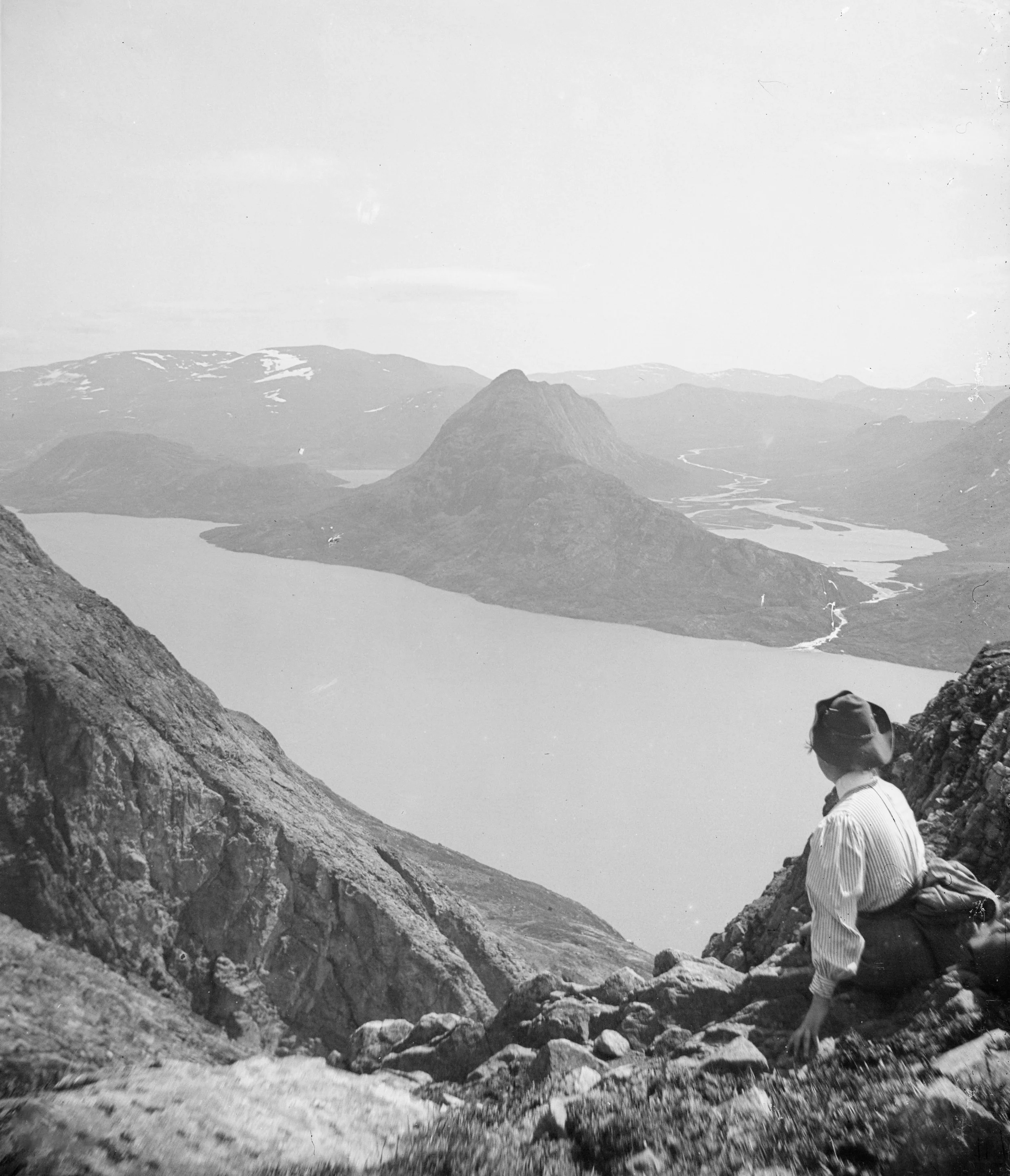A moment in time

Where we are in this specific moment in time
“What kind of growth would you like today? Angela Merkel suggested ‘sustained growth’. David Cameron proposed ‘balanced growth’. Barack Obama favoured ‘long-term, lasting growth’. Europe’s José Manuel Barroso was backing ‘smart, sustainable, inclusive, resilient growth’. The World Bank promised ‘inclusive green growth’. Other flavours on offer? Perhaps you’d like it to be equitable, good, greener, low-carbon, responsible or strong. You choose — just so long as you choose growth.” - Kate Raworth
In 1943 a 17-year old boy called Ingvar sat at his uncle Ernst’s kitchen table and founded his company. He was a creative young man full of energy and dreams. Nothing seemed impossible even though the world was in a dark place. In the midst of war he wanted to advance democracy and equality, affordable products for all. Little did he know that he simultaneously created a pathway for mass production, his caring thought ended up being part of a destruction of our planet.
The company Ingvar Kamprad created was IKEA and he was leading a European generation full of hope, everything was possible. The world was fighting against racism and apartheid, it was putting focus on womens rights, equal societies and justice. The Swedish government built a million low cost homes while implementing regulations for independence for everyone, including children. When the Berlin wall fell in 1990 there was a conjoint feeling of light and joy when looking forward, the world was truly changing and transforming to be a democratic and wonderful place for all.
In Sweden young couples could buy their own first house for a reasonable price and they could quite easily generate a capital of savings. Their children born in the 80's were raised in harmony. Families travelled during all holidays, children had their own rooms, most did activities and sports together, went to schools that were profoundly funded by a socialist government and they all carried walkmans while biking around their neighbourhoods exploring life in safety. There were no worries about a climate changing for the worse. Times were blossoming and everyone wanted to move forward and upward with a feeling that more time, more objects and more money were natural ambitions and even the goal of a meaningful life.
40 years later we suddenly know that those Swedes lived while not recognising the serious impacts their happiness had on the climate. They didn’t realise at the time that striving for too much would result in emptying finite material resources, releasing chemicals and dangerous substances into nature and creating extremely unequal life situations far beyond their own local communities. Now all following generations will have to devote their lives to cleaning up the mess that previous generations left behind through their obsession with hyper growth.
Some are so enamoured with the notion of possession and egocentricity that they forget that no life is owned by anyone. Life has an ongoing existence where we temporarily come into one of its forms and placements before we leave. Still, a multitude of lives keep beginning all over the planet without us interfering. There is a larger system way beyond our notion of ownership and the only things that are truly ours are our own souls.
So what actually went wrong there after the second world war? We need to talk about the economy and its coexisting blindfolded and ignorant structures that seem to have been the prevailing system for democratic societies over the last 100 years. We need to talk about how we look at systemic structures, why they matter and how they work. Few are truly paying attention to how the whole is functioning together, how we are dependent on each other and on all living things via economy. We need to be brave and talk about these systems from a vulnerable point of view where generosity sits at the heart of a pathway forward. We need to combine existential sustainability with hard wired economic systems.
We could start with a sensible belief of human beauty and darkness, as ebb and flow. We have never been only kind nor evil. There is a continuing balance. That same balance is seen in nature, an organic machine where life and death has coexisted in harmony for millions of years. How can we more clearly see this entanglement of life and find our purpose within it? It also brings us to the hypothesis that a “worse” society acts like a “better” society? In threatening and chaotic times we see people rapidly becoming more caring and generous. That agile problem solving and warm way of making everyone feel part of a larger community is often later on spoken of as what made a huge difference for moving forward. Still, we see an absence of that mass gathering in our current yet heavily threatening economic system. We need to communicate this threat as much as we do with threats from hasty catastrophes where agony and pain is more clearly seen.




